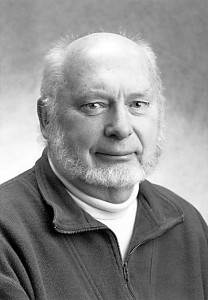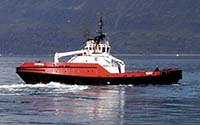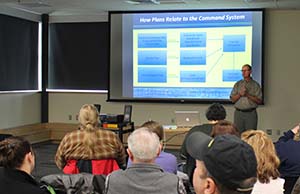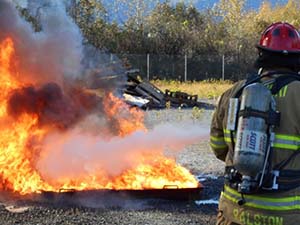
“Today is absolute confusion. They found a lot of oil north of Perry Island in Wells Passage. Equipment is starting to break down. So there are less and less skimmers working. The oil is getting so spread out they cannot handle it. Here is a whole month gone by without a real understanding of those in charge how big Prince William Sound really is. I’m dedicating the rest of my life and spare time to the protection of the environment.”
Prince William Sound lost a passionate and dedicated defender on September 21, when Stan Stephens, Valdez resident and council board member since the organization started up in 1990, passed away. Stephens was 78.
Born and raised in Minnesota, Stephens was an Alaska resident since 1961. Arriving in April of that year, he first camped on vacant property, later purchasing the land and building his home in the North Pole area. Married in 1964 to Mary Helen, they raised their family of three daughters in North Pole.
Stephens was the owner and operator of Stan Stephens Glacier and Wildlife Cruises based in Valdez. The company, originally named North Star Marine Charters, began sport fishing charters in 1971 and over the years evolved into the sightseeing company it is today.


